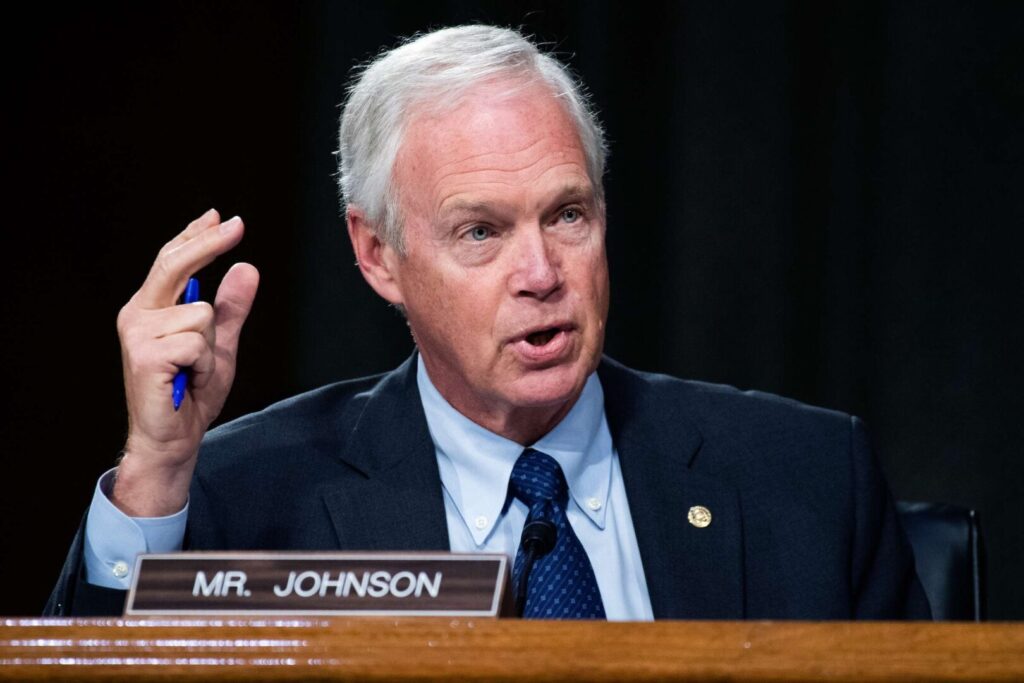The Trump administration on Monday released more than 240,000 pages of FBI surveillance records on the late Dr. Martin Luther King Jr., despite firm opposition from his family and the civil rights organization he helped found.
The trove of documents, digitized and unsealed decades ahead of schedule, details the FBI’s covert efforts to monitor and undermine King in the 1960s. The release follows a court-imposed seal dating back to 1977, when the records were transferred to the National Archives and Records Administration.
The records’ publication fulfills part of a broader executive order issued by President Donald Trump, which also mandated the release of classified materials related to the assassinations of John F. Kennedy, Robert F. Kennedy, and King himself. While the JFK files were released in March and the RFK materials in April, the MLK documents represent the most extensive and sensitive release yet.
Family Calls for Context and Empathy
In a joint statement, Martin Luther King III, 67, and Bernice King, 62, expressed concern about the public release, describing it as both a personal and historical issue. They urged the public to approach the material with “empathy, restraint, and respect.”
“As the children of Dr. King and Mrs. Coretta Scott King, his tragic death has been an intensely personal grief,” they wrote. “We ask those who engage with the release of these files to do so with empathy, restraint, and respect for our family’s continuing grief.”
The King children reiterated their long-standing belief that James Earl Ray, the man convicted of assassinating King, was not solely responsible. King was killed on April 4, 1968, in Memphis, Tennessee. Bernice was 5 years old at the time; Martin III was 10.
White House and DNI Praise Release
Director of National Intelligence Tulsi Gabbard called the document disclosure “unprecedented,” saying many of the files had never been digitized before. She praised Trump for his “commitment to transparency,” and noted that the records had been sealed until 2027, until the Justice Department successfully petitioned a federal judge to lift the restriction.
Alveda King, MLK’s niece and a conservative commentator, publicly supported the release, calling it a “long-overdue step for public accountability.”
“I’m grateful to President Trump for ensuring transparency,” she said in a statement released by Gabbard’s office.
A Controversial and Painful History
The files detail the FBI’s extensive and invasive surveillance campaign against King, orchestrated under J. Edgar Hoover, who saw King as a subversive threat. Previous records revealed that the bureau wiretapped King’s phone calls, bugged his hotel rooms, and used informants to gather damaging personal information, including details of alleged extramarital affairs.
“He was relentlessly targeted by an invasive, predatory, and deeply disturbing disinformation and surveillance campaign orchestrated by J. Edgar Hoover,” King’s children said in their statement.
The Southern Christian Leadership Conference (SCLC), which King co-founded in 1957, condemned the release, arguing that the FBI surveilled King and other civil rights leaders without cause in a bid to discredit the movement.
Political Reactions Split
Critics accused Trump of using the release to distract from other controversies, including his administration’s handling of sealed records in the Jeffrey Epstein investigation.
“Trump releasing the MLK assassination files is not about transparency or justice,” said Rev. Al Sharpton. “It’s a desperate attempt to distract people from the firestorm engulfing Trump over the Epstein files.”
The King Center, led by Bernice King, also framed the move as a distraction, though on broader grounds.
“It is unfortunate and ill-timed, given the myriad of pressing issues and injustices affecting the United States and the global society,” the organization said in a statement. “This righteous work should be our collective response to renewed attention on the assassination of a great purveyor of true peace.”
Historians Prepare to Dig In
While it’s unclear whether the newly released records will reveal any groundbreaking information about King’s life or assassination, journalists, scholars, and historians are expected to comb through the documents for deeper insight into King’s activism, government scrutiny of the Civil Rights Movement, and the unresolved questions surrounding his death.
As the files become widely available, the King family and civil rights leaders continue to insist that justice for King requires more than disclosure—it demands accountability and reflection.
“The public may now read the government’s files,” Bernice and Martin III wrote, “but our father’s legacy is not contained in those pages.”



